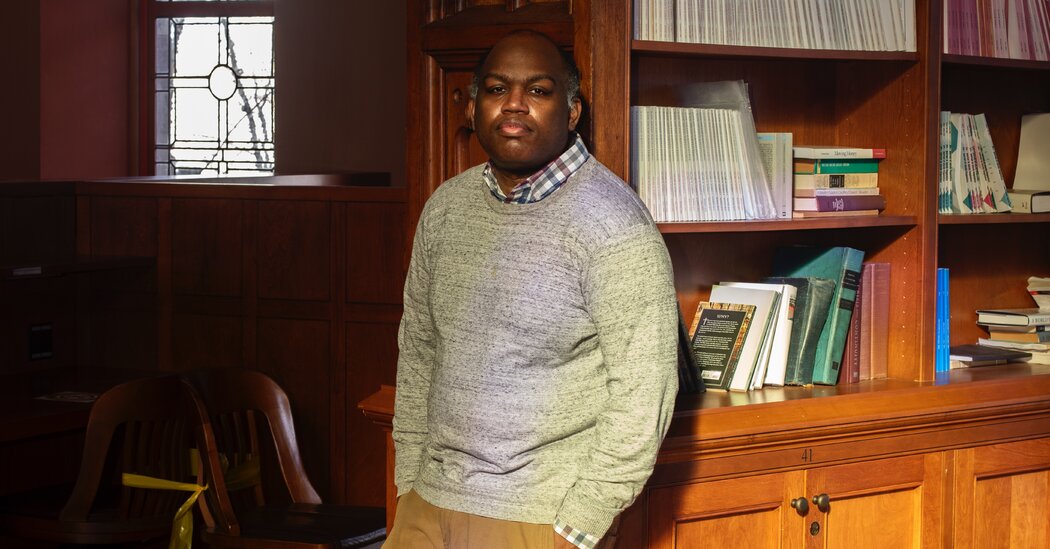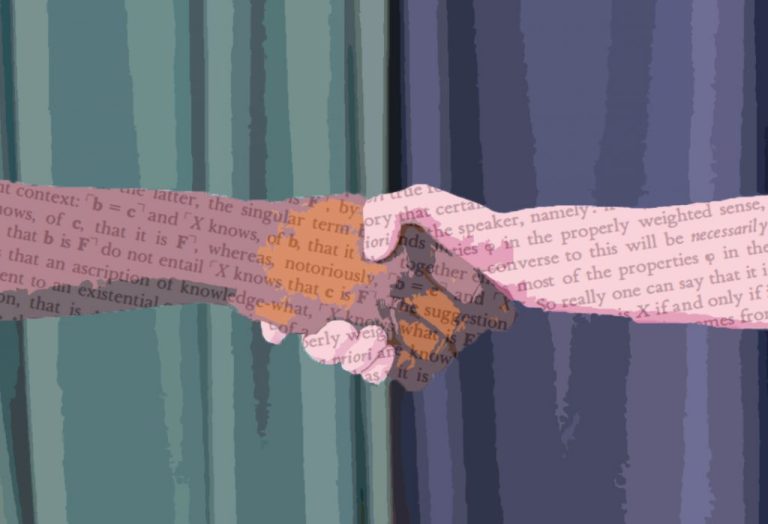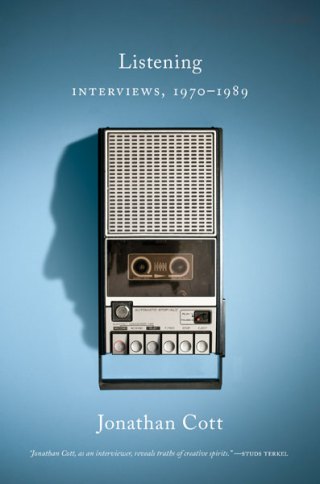
How these two old civilizations became central to American intellectual life is a story that begins not in antiquity, and not even in the Renaissance, but in the Enlightenment. Classics as we know it today is a creation of the 18th and 19th centuries. During that period, as European universities emancipated themselves from the control of the church, the study of Greece and Rome gave the Continent its new, secular origin story. Greek and Latin writings emerged as a competitor to the Bible’s moral authority, which lent them a liberatory power. Figures like Diderot and Hume derived some of their ideas on liberty from classical texts, where they found declarations of political and personal freedoms. One of the most influential was Pericles’ funeral oration over the graves of the Athenian war dead in 431 B.C., recorded by Thucydides, in which the statesman praises his “glorious” city for ensuring “equal justice to all.” “Our government does not copy our neighbors’,” he says, “but is an example to them. It is true that we are called a democracy, for the administration is in the hands of the many and not of the few.”
Over the next 40 minutes, there were speeches, votes, broken promises and bloody conflicts. Several people were assassinated. Eventually it seemed as though two factions were coalescing, and a count was called. The young man in the football shirt won the empire by seven votes, and Padilla returned to the lectern. “What I want to be thinking about in the next few weeks,” he told them, “is how we can be telling the story of the early Roman Empire not just through a variety of sources but through a variety of persons.” He asked the students to consider the lives behind the identities he had assigned them, and the way those lives had been shaped by the machinery of empire, which, through military conquest, enslavement and trade, creates the conditions for the large-scale movement of human beings.
“I very much admire Dan-el’s work, and like him, I deplore the lack of diversity in the classical profession,” Mary Beard told me via email. But “to ‘condemn’ classical culture would be as simplistic as to offer it unconditional admiration.” She went on: “My line has always been that the duty of the academic is to make things seem more complicated.” In a 2019 talk, Beard argued that “although classics may become politicized, it doesn’t actually have a politics,” meaning that, like the Bible, the classical tradition is a language of authority — a vocabulary that can be used for good or ill by would-be emancipators and oppressors alike. Over the centuries, classical civilization has acted as a model for people of many backgrounds, who turned it into a matrix through which they formed and debated ideas about beauty, ethics, power, nature, selfhood, citizenship and, of course, race. Anthony Grafton, the great Renaissance scholar, put it this way in his preface to “The Classical Tradition”: “An exhaustive exposition of the ways in which the world has defined itself with regard to Greco-Roman antiquity would be nothing less than a comprehensive history of the world.”
Once the students had left the room, accompanied by the swish of umbrellas and waterproof synthetics, I asked Padilla why he hadn’t assigned any slave roles. Tracing his fingers along the crown of his head, he told me he had thought about it. It troubled him that he might be “re-enacting a form of silencing” by avoiding enslaved characters, given the fact that slavery was “arguably the most ubiquitous feature of the Roman imperial system.” As a historian, he knew that the assets at the disposal of the four wealthy senators — the 100 million sesterces he had given them to back one claimant over another — would have been made up in large part of the enslaved who worked in their mines and plowed the fields of their country estates. Was it harmful to encourage students to imagine themselves in roles of such comfort, status and influence, when a vast majority of people in the Roman world would never have been in a position to be a senator? But ultimately, he decided that leaving enslaved characters out of the role play was an act of care. “I’m not yet ready to turn to a student and say, ‘You are going to be a slave.’”
Privately, even some sympathetic classicists worry that Padilla’s approach will only hasten the field’s decline. “I’ve spoken to undergrad majors who say that they feel ashamed to tell their friends they’re studying classics,” Denis Feeney, Padilla’s colleague at Princeton, told me. “I think it’s sad.” He noted that the classical tradition has often been put to radical and disruptive uses. Civil rights movements and marginalized groups across the world have drawn inspiration from ancient texts in their fights for equality, from African-Americans to Irish Republicans to Haitian revolutionaries, who viewed their leader, Toussaint L’Ouverture, as a Black Spartacus. The heroines of Greek tragedy — untamed, righteous, destructive women like Euripides’ Medea — became symbols of patriarchal resistance for feminists like Simone de Beauvoir, and the descriptions of same-sex love in the poetry of Sappho and in the Platonic dialogues gave hope and solace to gay writers like Oscar Wilde.
Even before “the incident,” Padilla was a target of right-wing anger because of the blistering language he uses and, many would say, because of the body he inhabits. In the aftermath of his exchange with Williams, which was covered in the conservative media, Padilla received a series of racist emails. “Maybe African studies would suit you better if you can’t hope with the reality of how advanced Europeans were,” one read. “You could figure out why the wheel had never made it sub-Saharan African you meathead. Lucky for you, your black, because you have little else on offer.” Breitbart ran a story accusing Padilla of “killing” classics. “If there was one area of learning guaranteed never to be hijacked by the forces of ignorance, political correctness, identity politics, social justice and dumbing down, you might have thought it would be classics,” it read. “Welcome, barbarians! The gates of Rome are wide open!”




